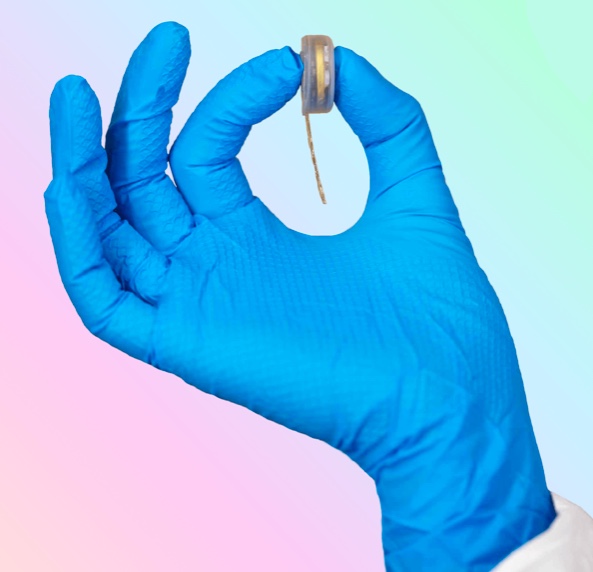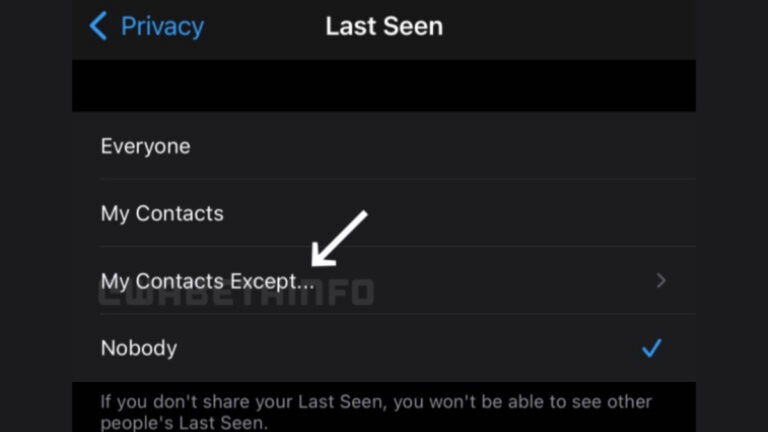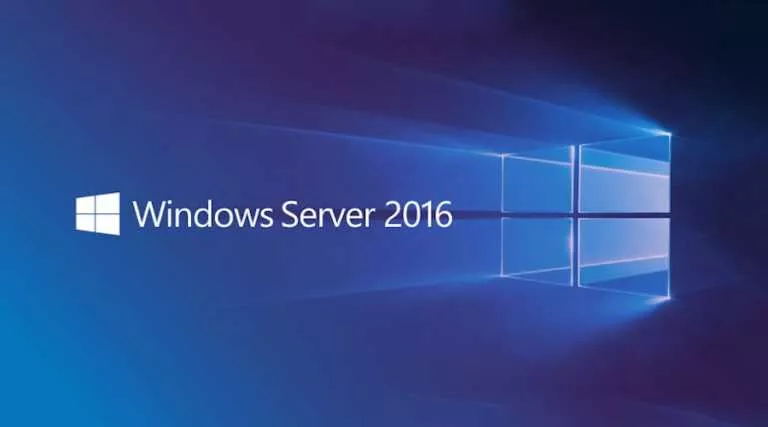5 Neuralink-Related Questions That We Must Ask Now

Elon Musk’s Neuralink is the latest development in the field of brain-machine interface. So it’s obvious we have some Neuralink-related questions about ethics, hacking, and other related topics. The recent monkey-playing MindPong demo and feels like it is almost ready for the next big step. Neuralink human trials are something we’re all looking forward to.
However, there are ethical questions related to Neuralink. When we talk about a coin-sized chip that can read your mind, there’s a lot at stake. With Musk’s venture, we’re also looking at something that might be able to write things to your brain too.
5 Questions For Neuralink
All you have to do is think and Neuralink will do it. That said, here are 5 Neuralink-related questions that need to be answered.
Q1: Where’s The Limit?

Some of you might just read this question and roll your eyes to the back of your head. However, it is one of the questions that need to be asked, and that too now. Neuralink will let you control your iPad and it will also let your iPad control you. That said, there needs to be a limit to which a machine can control you.
According to Musk himself, Neuralink will be able to give you control over your hormones. While that’s certainly good in some cases, I don’t see it as a universal good. Vice has already shown us mobile apps that can replicate psychedelic effects. What’s to stop people from abusing a chip planted in their heads? So the first ethical question about Neuralink is where does it stop?
Q2: What Happens If Neuralink Gets Hacked?

Narrowing down from the vague ethics to a practical problem now, let’s talk about hacking. Never leaving your phone is one thing and getting it in your head is another. Elon’s ‘Fitbit in the skull’ approach might make it look like it’s ‘not a big deal,’ but someone can actually do a lot of damage using this.
Have you heard of cases where people got locked out of their phones because of ransomware? Now imagine your brain held hostage for ransom. If someone manages to hack into Neuralink, they can cripple the user. Add the hormone control to the mix and your hacker will be able to induce anxiety attacks every minute you delay payment.
Q3: What if Neuralink decided to serve ads?

Leave hacking out for a moment now. I had a Hathway internet connection that I discontinued in December 2020. Despite that, I get regular messages from different numbers of the company. I can choose to ignore them, but will I be able to ignore the messages that are sent right to my brain?
Imagine getting up to an alarm that plays the chirping of birds in your head. Then once you open your eyes, you hear the Nescafé ad in your head. If YouTube ads weren’t annoying enough, good luck phasing out ads that can get right to your brain.
Q4: What Happens If The Government Gets Control Of Neuralink?
Maybe the next step on Kim Jon’s to-do list will be to insert a Neuralink chip in every North Korean citizen. Who knows? Even democracies can see the abuse of brain-machine interface if the government gets control of it.
Neuralink is aiming for features where you can download your memories on a computer. If that’s possible, what’s to stop anyone else, including the government from accessing and even manipulating them. How good will be the citizens that remain in a state of eternal bliss? If you want more details on this question, I suggest you watch the video above.
Q5: Do We Need Neuralink?

Lastly, this Neuralink-related ethical question was on the back of my mind since the minute I started writing this article. We have Google, and we know it sees whatever we type into it. Then we have voice assistants which are still accused of listening in when not summoned.
So the last thing on my wishlist is something that knows what I’m thinking. As humans, we choose partners based on how well they understand us without saying a thing. And now we’re creating something that can read the most intimate thoughts and project them out there.
While Neuralink will be excellent for those who need it for medical purposes, it only seems like madness, making this available to everyone. Musk’s vision of a walk-in brain implant is bold, if not offensive to the very idea of humanity. Giving people control over their nature and behaviour can easily define the good and the bad.
Rounding Up
Parents might want ‘the Link’ in their children to raise the ideal kids. Teens may want it to get high on demand, and everyone else might find ways to abuse it one way or the other. In a nutshell, our imperfections might change with Neuralink, but we’ll always have some or the other.
It is a wonderful piece of technology but these Neuralink-related ethical questions remain unanswered. While there’s still time before it hits the market, it eventually will. So as someone trying to understand the ‘why’ behind it, I think these questions need to be put out there. More importantly, they need to be answered before we make advance bookings for Neuralink implant installation.





